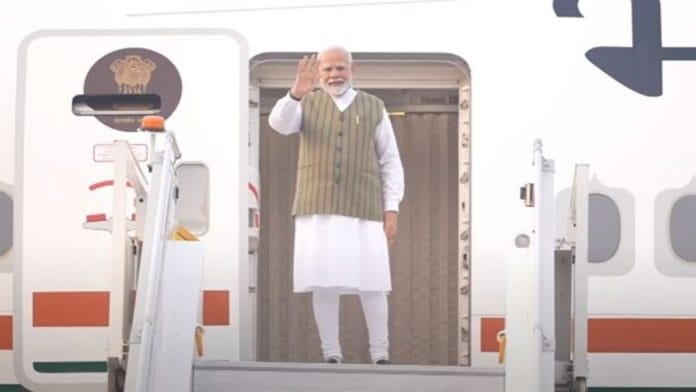When we think of Russia, we think of Moscow and St Petersburg. These two cities have been political centres for most of the last thousand years, and are strategically important too. St Petersburg was built to ensure the northern Baltic Sea gateway remains open to Russia. Moscow was convenient to keep control of the vast Russian landmass – a territory that straddles 11 time zones even after the disintegration of the former USSR. Given this geographic expanse, the expression, ‘Russia lives in its republics and regions’ is an apt description.
As a mid-level diplomat in Moscow in the early turbulent 1990s, I coordinated visits of Indian business delegations to the republics/regions of Astrakhan, Bashkortostan, Sverdlovsk and Tatarstan. The Indian Embassy in Moscow, under Ambassador Ronen Sen and Deputy Chief of Mission Prepuran Singh Haer, had recognised the significance of regional centres even during the early years of the newly evolved Russian Federation. The governors and senior officers of these regions welcomed us enthusiastically, receiving us with great fanfare and warm hospitality. Even then, an oft-repeated question was ‘When was India going to open its consulates in their respective capitals?’
Kazan, the capital of Tatarstan, an important station on the ancient trade route, is where Prime Minister Narendra Modi is headed for the 16th BRICS (Brazil, Russia, India, China, and South Africa) summit. Modi had also visited Russia in July this year, when he announced the opening of two new Indian consulates in Kazan and Yekaterinburg, the capital of Sverdlovsk. PM Modi’s Kazan visit represents a new milestone in India’s diplomatic journey. Its impact would be far-reaching as it will boost both government-to-government and people-to-people relations.
The strategic importance of Kazan
In diplomacy, just as in our normal life, distances matter. Kazan is much closer to India (3,750 km) as compared to Moscow (4,340 km), St Petersburg (4,928 km), or Vladivostok (5,088 kms) where India has a diplomatic presence currently.
Kazan, important among southern cities, is a major industrial, cultural and religious centre of Russia. It lies at the confluence of the Volga and the Kazanka rivers, creating a spectacular skyline. Kazan’s cultural, religious and ethnic diversity is much like India’s. Yoga has become quite popular in recent years and Indian festivals, too, are celebrated.
For India, a hydrocarbon deficit economy, Kazan’s rich oil resources and robust petrochemical industry can prove to be of strategic significance. Besides being the base of leading truck manufacturer ‘Kamaz’, Kazan is a manufacturing centre for passenger aeroplanes and helicopters. Its strong and matured chemical, engineering, textiles, clothing, food processing and food industries can provide numerous opportunities for collaborations, joint ventures, and technology cooperation. Russia, currently under stress due to war with Ukraine, can seize this opportunity by creating a special window for Indian investments. This will boost trade and commerce between the nations and prove mutually beneficial.
Kazan’s Volga River also holds immense historical significance for India. Russians revere the Volga just like Indians do the Ganga. Russian traveller Afanasy Nikitin had set out toward India from the banks of the Volga in Tver, and landed in Chaul port on the Western coast of India in 1469, nearly three decades before Vasco da Gama. Many travellers and traders from India retraced Nikitin’s route to travel to Astrakhan, Tatarstan and onwards to Moscow and other parts of Russia.
During his 2001 visit to Russia as the Chief Minister of Gujarat, PM Modi had visited the quarters of Indian traders who stayed and operated their businesses in Astrakhan. It had made him realise the importance of establishing trade and cultural relations between India and the various regions of Russia. The opening of the consulates, and his present visit to Kazan for the summit, would go a long way in realising that vision.
Dnyaneshwar Mulay is a career diplomat and former Secretary of the Ministry of External Affairs. His X handle is @navnirmiti. Views are personal.
(Edited by Zoya Bhatti)






